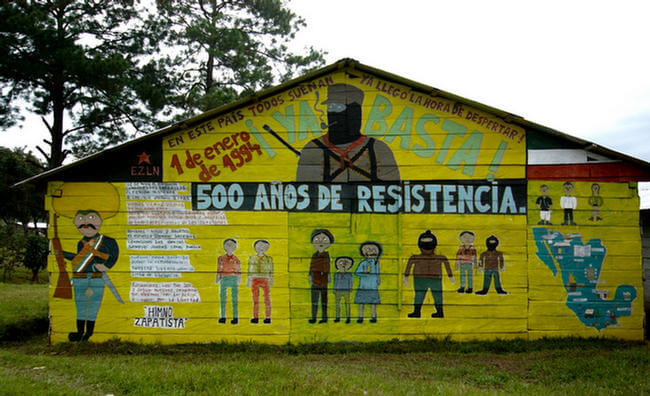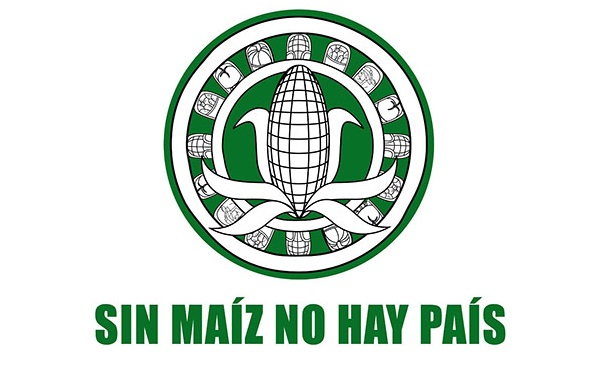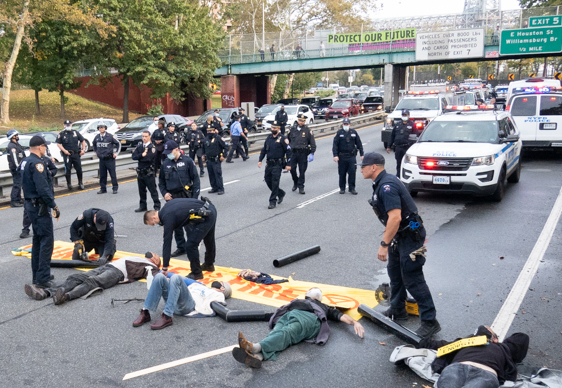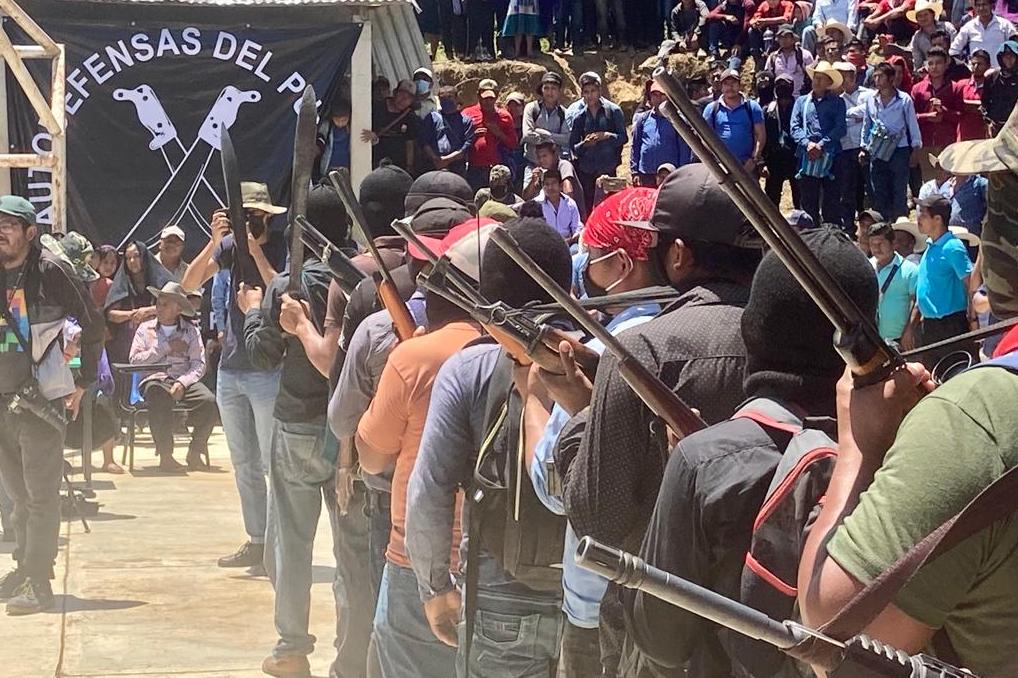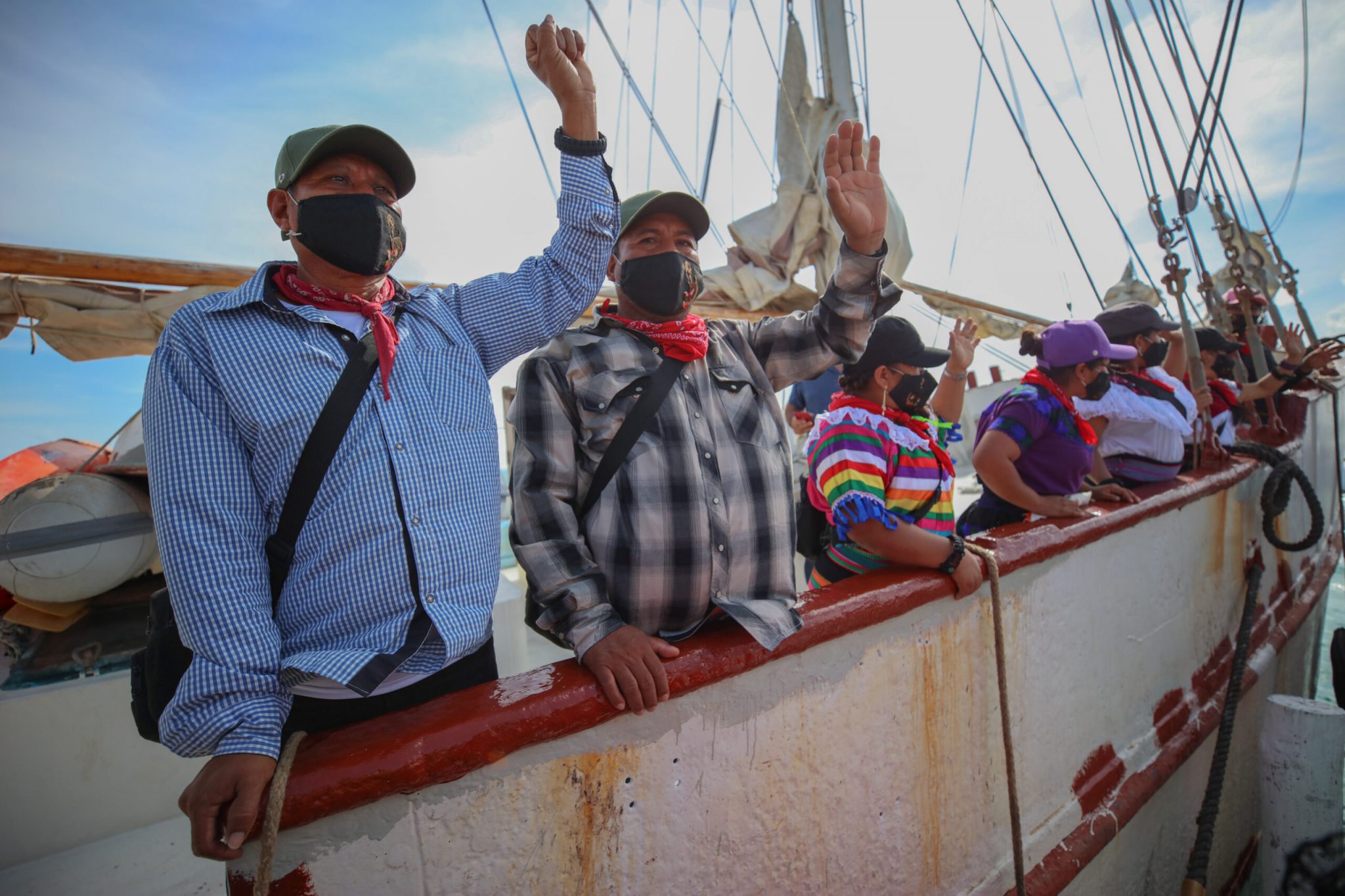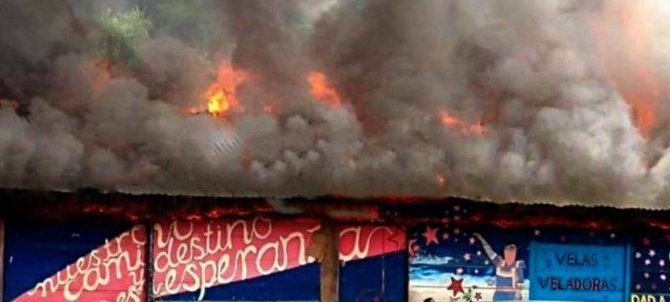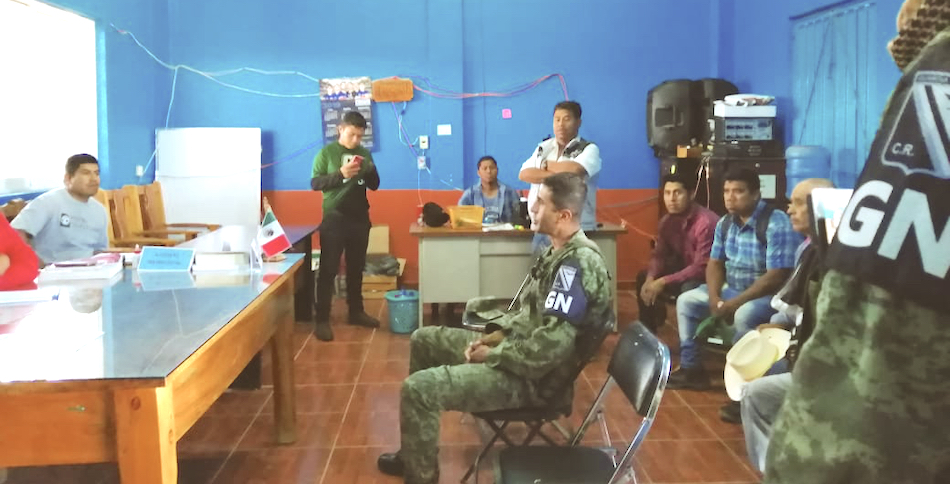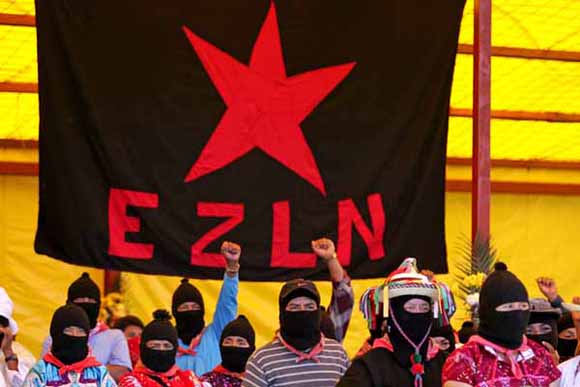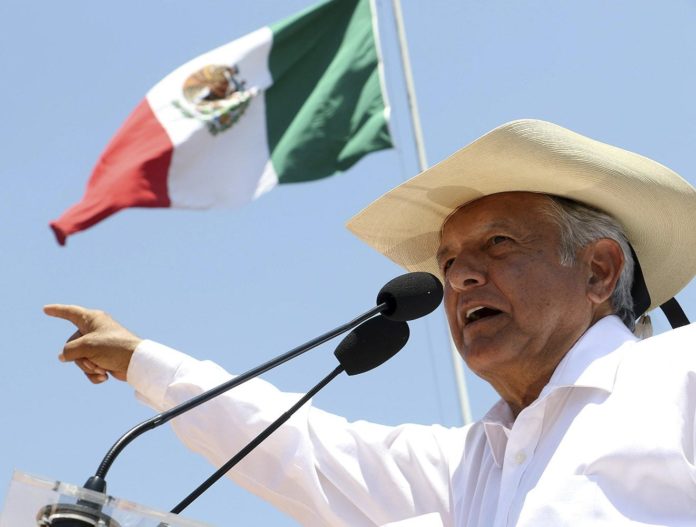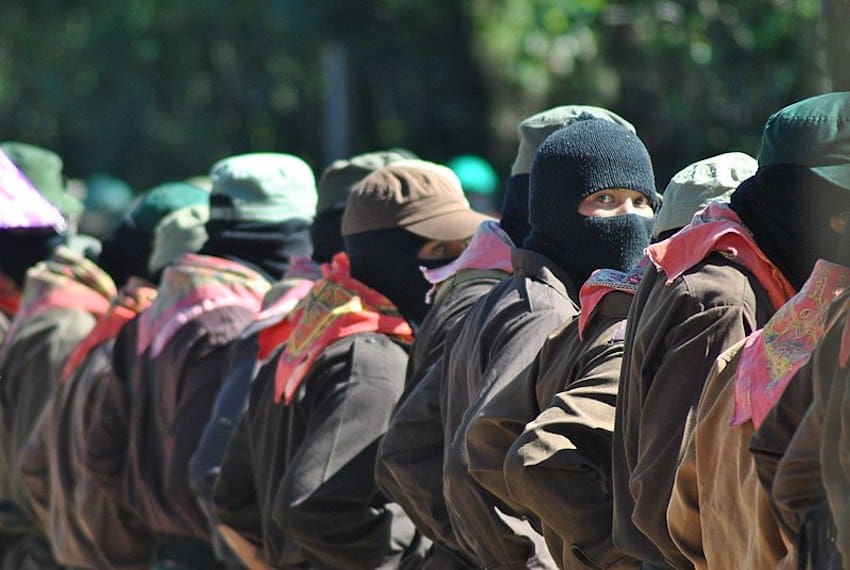
Zapatistas reorganize autonomous zone structure
The Zapatista Army of National Liberation (EZLN) indigenous rebel group in southern Mexico has announced the dissolution of its “autonomous municipalities” in the mountains and jungle of Chiapas state. A statement signed by Zapatista leader Subcomandante Moisés said the decision was taken “after a long and profound critical and self-critical analysis.” The Zapatista Rebel Autonomous Municipalities (MAREZ), overseen by rotating Good Government Juntas, have been maintained since the Zapatistas’ initial uprising in 1994. Moisés said that future communiques “will describe the reasons and the processes involved in taking this decision,” as well as “what the new structure of Zapatista autonomy will look like.” The communique did, however, mention a new pressure in the growing power of “disorganized crime cartels” in Chiapas, a reference to the narco-gangs seeking to control “the entire border strip with Guatemala.” (Wikimedia Commons via Mexico New Daily)



